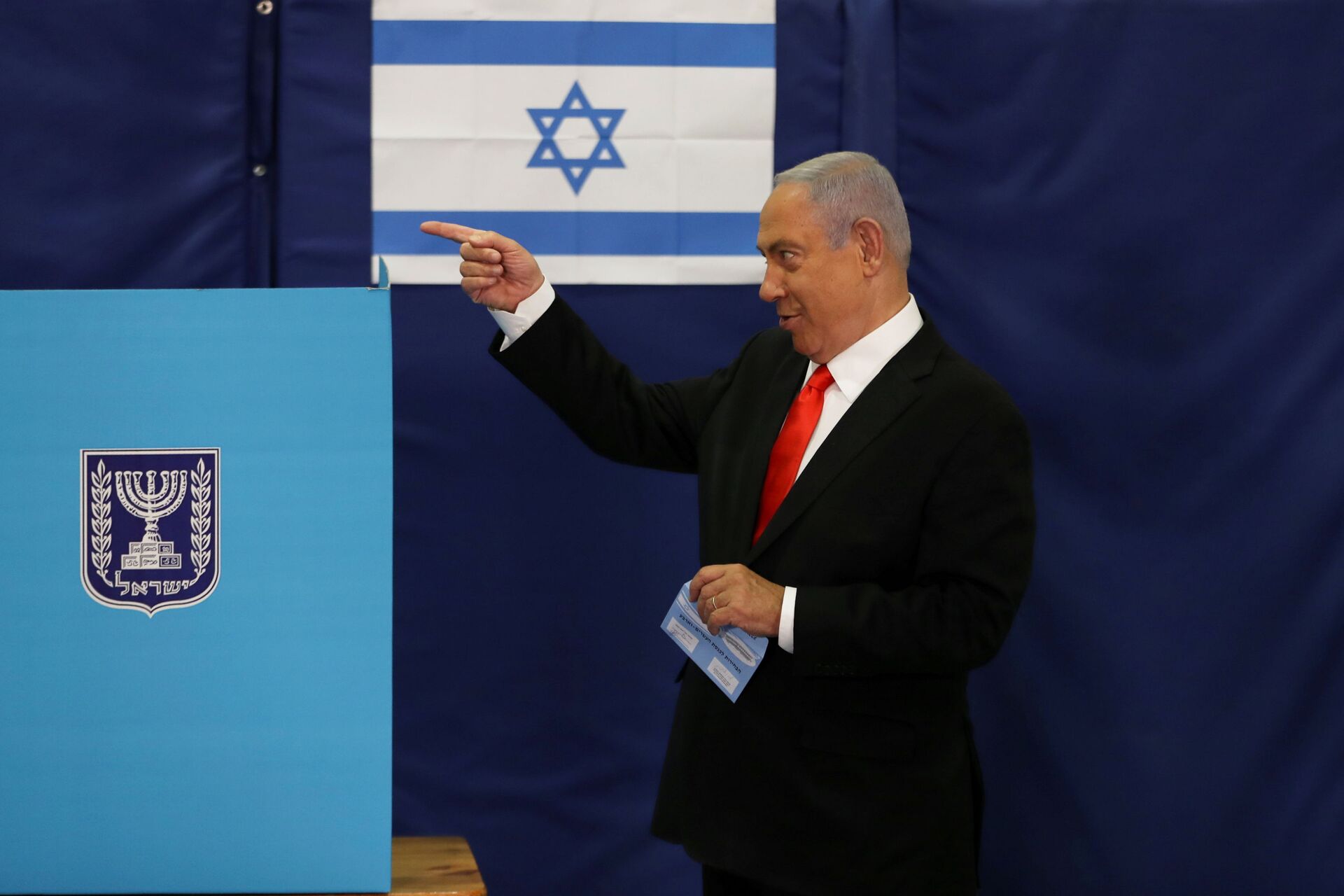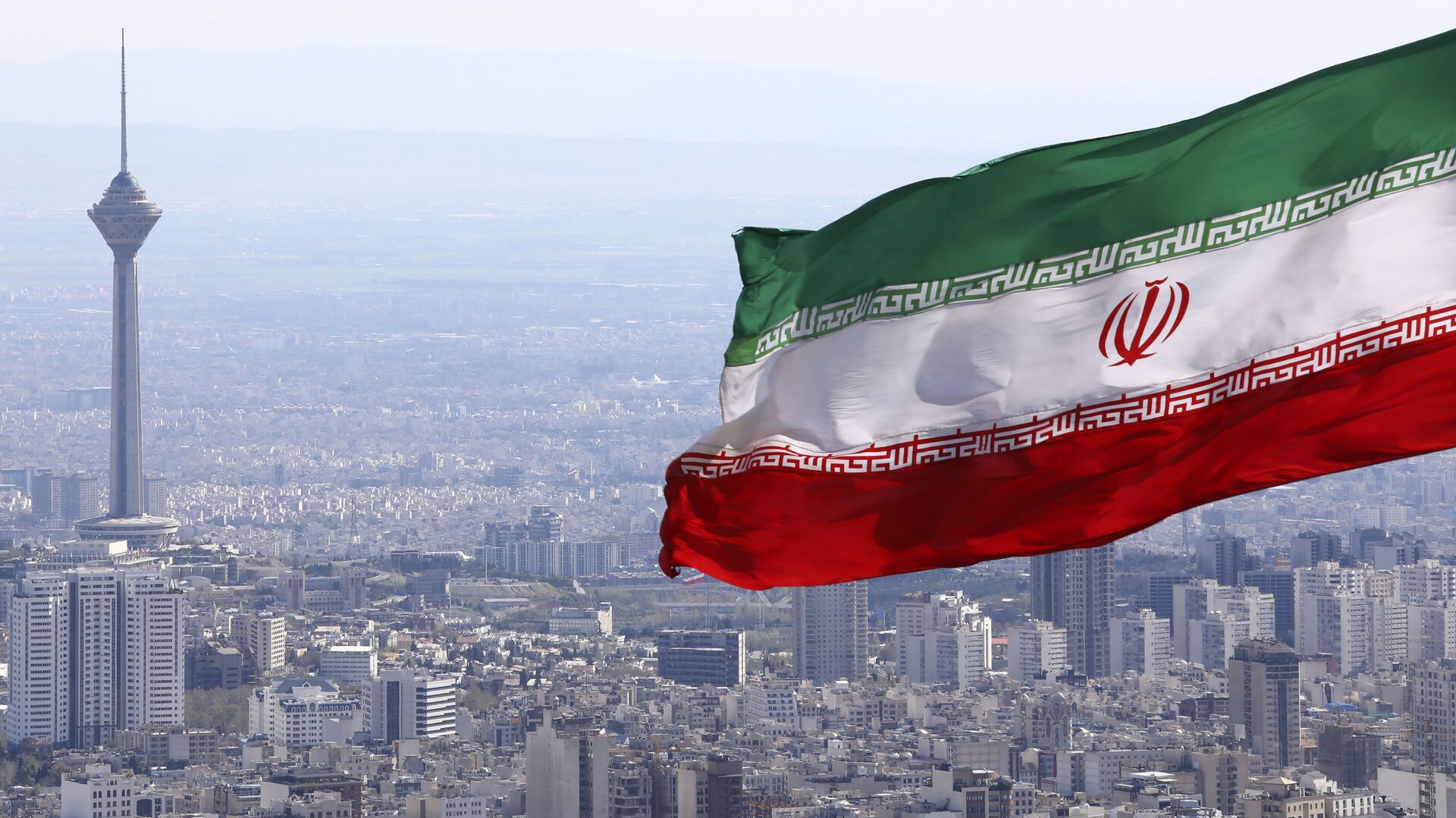Israeli military intelligence officials in the Mossad are worried that the Vienna talks will eventually result in the revival of the Joint Comprehensive Plan of Action (JCPOA), Axios reported.
On Sunday, a high-level security cabinet meeting took place regarding Iran's nuclear program and the 2015 agreement, which the former US President Donald Trump ditched in 2018, slapping harsh economic sanctions against Tehran as part of a so-called "maximum pressure" campaign against the Islamic Republic.
"We are not very optimistic to say the least," a senior Israeli official reportedly said. "We will not be surprised if within weeks the US and other world powers sign a deal with Iran."
Israeli senior officials also reportedly shared their concerns with Channel 12 about the Biden administration's willingness to revive the JCPOA "at any price."
"Both sides, the Americans and the Iranians, want a deal. The Iranians smell that the Americans want an agreement at any price," The Times of Israel quoted an official.
Senior sources in the security cabinet tell Channel 12 there is a fear the US wants to return to the Iran nuclear deal "at any price."https://t.co/I1VqJ0PQd2
— Emanuel (Mannie) Fabian (@manniefabian) April 18, 2021
"The outcome is known from the start — a return to Iran deal with amendments," the official reportedly added.
The new US administration has signaled a potential return to the JCPOA, but has failed to make any exact steps in that direction.. Washington has also played with an idea of expanding the 2015 agreement. Tehran, in return, has insisted that the deal should be preserved in its original form. It has also repeatedly stated that the US - because Washington was the one that left the deal in 2018 - must lift sanctions against Iran in the first place.
The news also comes amid the incident at Natanz nuclear facility last Sunday, which Iranian officials have described as "nuclear terrorism," insisting Israel was responsible for the attack. Tel-Aviv has avoided denying the allegation. However, The New York Times reported, citing its sources, that the Israeli government was behind the nuclear blackout.
Israel has repeatedly expressed concerns about the United States potentially rejoining the 2015 agreement, voicing fears about Tehran's alleged willingness to develop nuclear weapons. Israeli officials have called for either abandoning the deal forever, or expanding its scope to include other states, such as Israel and the Gulf States.
On Inauguration Day, Israeli Prime Minister Benjamin Netanyahu congratulated Joe Biden on assuming the post and expressed hopes that Washington would cooperate with Israel in what he called confronting "common challenges, chief among them the threat posed by Iran."

In early March, Defense Minister Benny Gantz stated that the Israeli military was updating its plans to prepare for potential strikes on nuclear facilities in Iran and had already identified "numerous targets" within a country. Following Gantz's remarks, the Iranian Defense Minister vowed to level Tel Aviv and Haifa - the two biggest cities in Israel - if the Jewish State attempts to attack the Islamic Republic.
Tensions in the Middle East intensified in November following the assassination of Iranian top nuclear physicist Mo Fakhrizadeh. Tehran has blamed his death on the Israeli spy agency Mossad, while Tel-Aviv has refused either to confirm or deny its alleged involvement. However, back in 2018, Netanyahu spoke at a conference showing a photo of Fakhrizadeh who he claimed was head of a unit within the Iranian military allegedly working to develop a nuke.
Israel itself has been widely accused of having developed weapons of mass destruction decades ago. According to various media reports, the Jewish State may have about 90 nukes.



